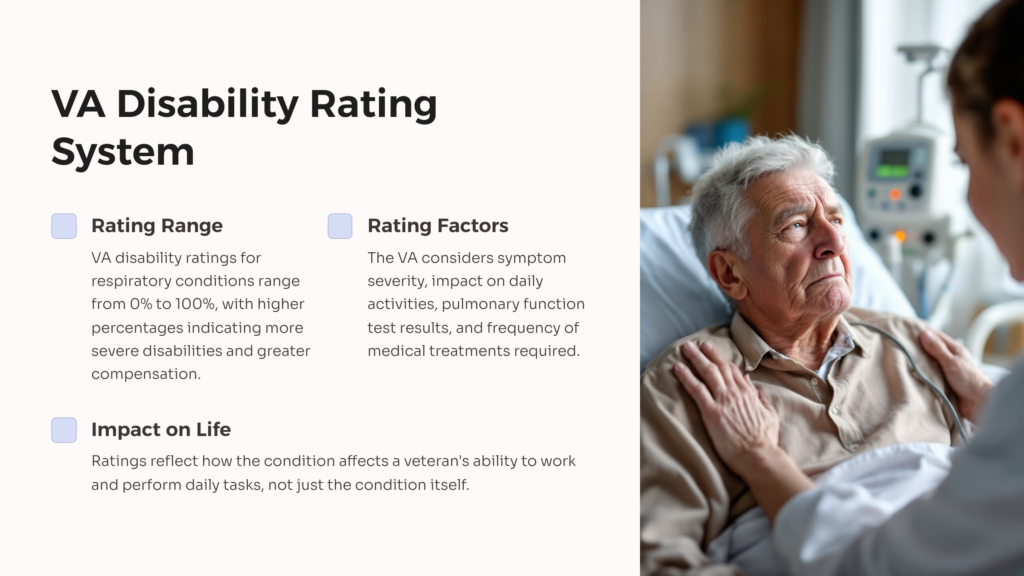Suffering from the aftermath of an accident caused by someone’s negligence can be frustrating. Injuries can occur in several ways, from car to home accidents, but some injuries are considered even more severe than others. They can happen in a second and leave the victim wholly damaged. They are difficult to endure and may take long-term medical care, rehabilitation, and more, and these types of injuries are referred to as catastrophic injuries. Catastrophic injury lawyers at Hutzler Law say that seeking legal help and filing a claim is imperative to recover many of the expenses associated with the damage.
While you might think of paraplegia or another type of paralysis as a catastrophic injury, numerous other types may not come to mind immediately. Any time a victim is left permanently disabled, disfigured, or unable to return to how they were before the accident, it could be considered catastrophic. This blog post will discuss five of the general types of catastrophic injuries.
Traumatic Brain Injuries
There would be no discussion of catastrophic injuries without mentioning traumatic brain injuries, which many factors can cause. The brain is the most crucial organ in the human body; hence, any accident frustrates the victim. Depending on how severe the injury might be, it can leave the victims facing fundamental cognitive and emotional problems or painful and debilitating lifelong impacts on their daily lives. Victims can fully recover, but a victim is often left with some deficit after a brain injury. In some incredibly devastating cases, victims cannot recognize their loved ones and do simple tasks like brushing their teeth or repeatedly feeding themselves. This type of injury can be especially difficult for families and hard to cope with. Some catastrophic brain injuries include amnesia, concussions, hematomas, oedema, and penetrating injuries to the brain.
Spinal Cord Injuries
Spinal cord injuries may result in partial or complete paralysis, depending on the extent of the damage. If someone suffers a spinal cord injury, they face several difficulties. In addition, many victims with spinal cord injuries lose some organ function below the site of the damage. Spinal cord injuries may lead to permanent changes in the victim’s life. Incomplete spinal cord injuries can show signs of healing over time, but complete spinal cord injuries rarely do. They can result in the loss of use of one side of the body or the body being completely paralyzed from the area of the injury and below.
Amputation
Permanent limb amputation can cause severe complications for many patients. While many amputees use prosthetic devices to make it easier to get around, those prosthetics may mean serious, ongoing expenses for the rest of the victim’s life. Furthermore, becoming entirely comfortable with a new prosthetic device can take considerable time.
Many victims spend a long time in physical and occupational therapy as they learn to cope with the limitations posed by limb amputation. Furthermore, in some cases, limb amputation may make it unsafe for people to complete their former job responsibilities, which may mean that they can no longer work in their preferred industries or that, in some cases, they cannot work at all.
Burn Injuries
Burn injuries often leave behind permanent scars regardless of the advancements in reconstructive surgery. Furthermore, severe burns can take months to years to recover and require multiple painful surgeries.
Internal Injuries
The force from the collision during a car accident can cause severe internal organ damage, including ruptured kidneys or liver. It can also result in internal bleeding, which is life-threatening if it isn’t treated on time. Accident victims who suffer from internal injuries can spend months in and out of hospitals and treatment centers and suffer from permanent impairment and disability.
Conclusion
With the help of catastrophic injury lawyers, you can obtain compensation for any damages or losses caused by the negligence of others without stress, no matter how severe the injury is.








